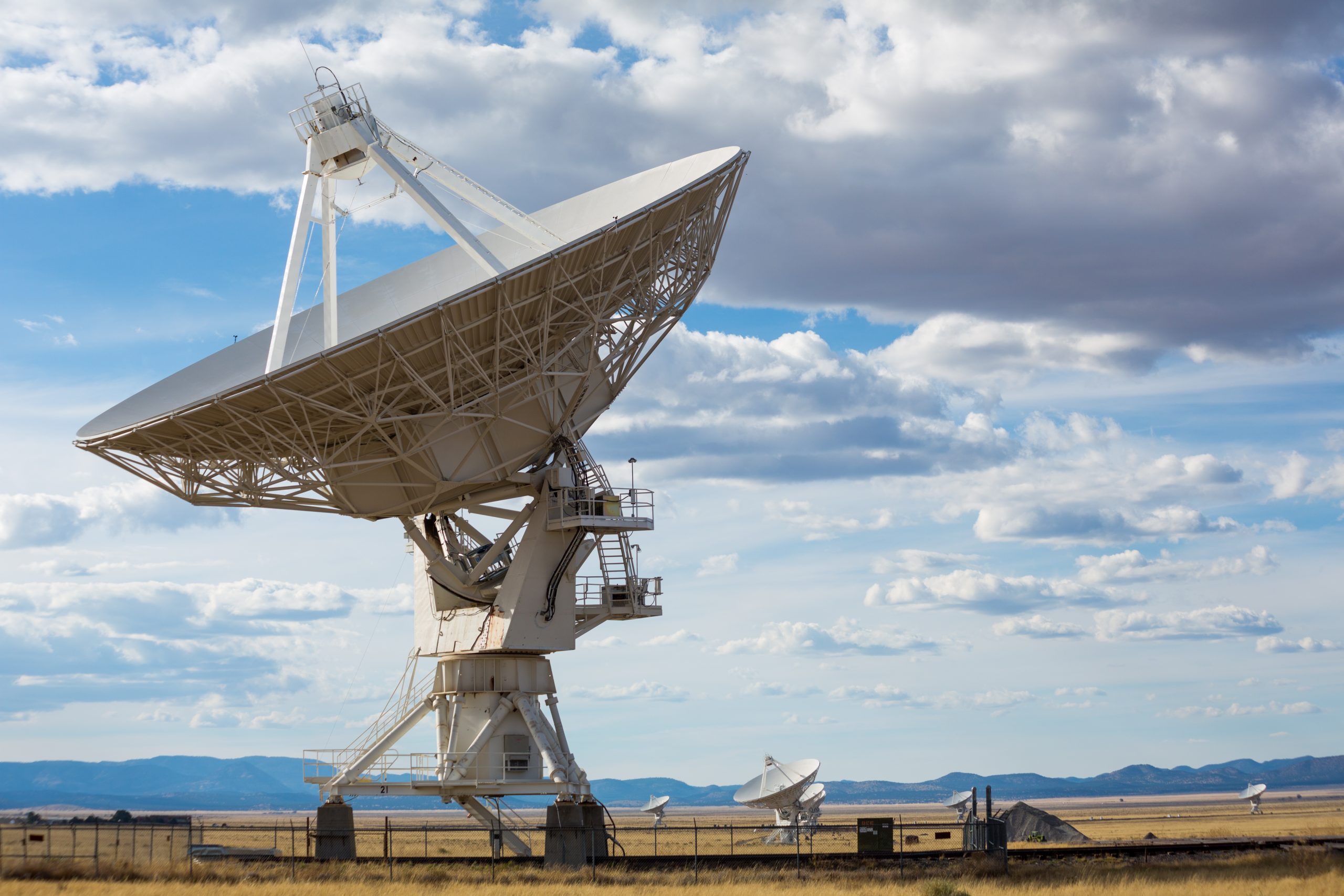Against UFOs

Sooner or later it was inevitable. After mask discourse became a meta-conversation about the efficacy of the honor system and the Associated Press decided that reporting on the border was contrary to its style guide, we were going to have to settle on some absurd but basically innocuous topic to get us through the early days of Joe Biden’s presidency. Why not UFOs?
Boredom aside, it is difficult to say exactly why the subject has returned to the news. Black and white footage of triangular blips apparently speeding past Navy aircraft was leaked to the New York Times years ago, and we have known for ages that everyone from Harry Reid to Barry Goldwater believed there was a good chance “they” were out there.
I am afraid I don’t think it very likely. There are two reasons for this. The first is that there is an entirely straightforward explanation (or series of explanations) for the hitherto unidentified flying objects in the popular videos. Does anyone really think that if a Chinese or (I daresay) Russian fighter jet or drone managed to enter American airspace without detection we would admit it publicly? Of course our leaders, relying upon Boomer mysticism and millennial credulity, would blame aliens. Why risk being embarrassed when you can deflect failure and undermine the uniqueness of man’s terrestrial destiny in the bargain.
Which brings me to the second reason I doubt that extraterrestrial beings have anything to do with the apparent outwitting of American military personnel, which is that it is too convenient, not just for politicians but for the rest of us. As I write this there are millions of Americans who are homeless or addicted to drugs or both, people who are mentally ill, the elderly, the homebound, the handicapped, untold thousands in so-called “detention facilities,” and goodness knows how many unborn children who, as far as the rest of us are concerned, might as well be from outer space. In a decadent society it is easy to project our anxieties about the planet and its inhabitants into the black void. Somehow we find it easier to imagine teeming colonies of millions sharing their moon boxes with vaguely hominid gray monsters or six-footed insect beasts or even insensate archaebacteria than we do making San Francisco a place fit for human habitation again. We indulge ourselves with golden visions of interstellar tourism even as we accept that the science fiction future that awaits us looks a great deal more like WALL-E, with its obese screen-addicted masses being entertained by the devices they cannot escape than, say, The Empire Strikes Back.
This is also why I reject the idea that sooner or later we will have no choice but to expand our horizons skyward. The notion that this planet and its resources will sooner or later be exhausted is a fantasy for those who do not know the names of the trees and the flowers. The world may be, as the Holy Father put it some years ago, an “immense pile of filth,” but it is, and is likely to remain, our immense pile of filth, the place where every human being is born and dies in my lifetime and that of my children and grandchildren.
Why, apart from our reluctance to accept that this earth is the stage upon which the romance of human life will begin and end, are we still looking to the skies for answers, especially when we have no reason to believe that the officially unidentifiable black dots we have all seen are anything else but meaningless blots on screens that have nothing to do with the ordinary business of men and women and children and families?
Chesterton did not actually say that once man stopped believing in God, he would believe in anything. But he did say, in a book with a now unfashionable title, that while we choose our friends and our enemies, “God makes our next-door neighbours,” who are not blotches or black dots or meaningless radar noise but human beings made in the divine image.
Matthew Walther is editor of The Lamp magazine and a contributing editor at The American Conservative.
Comments